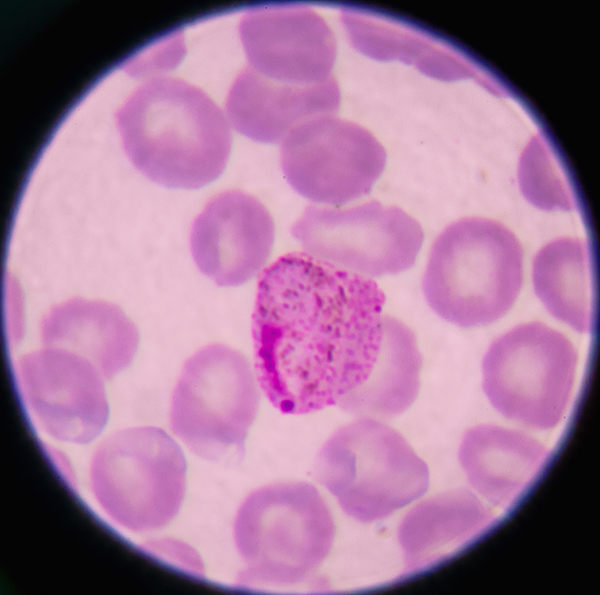FRIDAY, Feb. 10, 2017 (HealthDay News) — Flu activity spiked sharply across the United States this week, federal health officials reported Friday.
Deaths from flu-related conditions continued at high levels, and hospitalizations among people over 65 and under the age of 4 are up. So far, 20 children have died from flu, said Lynnette Brammer, an epidemiologist for the U.S. Centers for Disease Control and Prevention.
“More children have died this year than at the same time last year,” said Brammer. “This may end up being a bad year for kids, but we just don’t know yet. Deaths look high for this year because last year was light. A lot of this is timing.”
Overall last year, 128 children died from flu-related complications, according to the CDC.
Hospitalizations among people in their 50s and 60s are also increasing, and may actually be outpacing those for children, the CDC reported.
Health officials noted it’s still not too late to get a flu shot. That’s particularly important for the most vulnerable — the very young, the elderly, pregnant women and the chronically ill.
“It would have been better to get vaccinated in October, and you may want to think about that next year, but you can still get vaccinated and see benefit from it,” Brammer said.
Flu activity is especially severe in the South and some Midwestern states and in the East, particularly in Pennsylvania, New York, New Jersey and Connecticut, according to the CDC.
Brammer is still hoping to see flu activity peak later this month, but infections could continue to increase until March. “You just don’t know,” she said. “You won’t know you’ve seen a peak until a couple of weeks after it happened,” she explained.
The dominant flu strain continues to be H3N2, which often signals a severe season that affects the oldest and the youngest the most. H1N1 and B viruses are also circulating, Brammer said.
This year’s vaccine contains all the circulating viruses, she said.
The CDC recommends that anyone aged 6 months and older get a flu shot. Besides the elderly and the chronically ill, pregnant women also fall into the high-risk group in need of vaccination.
Also, mothers of newborns need a flu shot to help protect their infants, who can’t be vaccinated until they’re 6 months old.
For people aged 65 and older, the extra-strength vaccine is a good idea, Brammer said. It comes in two types: the high-dose vaccine, and the adjuvanted vaccine.
Most years, the vaccine is between 40 percent and 60 percent effective, according to the CDC.
If you do get sick, there are antiviral drugs that can help. Tamiflu and Relenza are effective if taken early.
In a typical flu season, flu complications — including pneumonia — send more than 200,000 Americans to the hospital. Death rates fluctuate annually, but have gone as high as 49,000 in a single year, according to the CDC.
More information
Visit the U.S. Centers for Disease Control and Prevention for more on the flu.
Copyright © 2026 HealthDay. All rights reserved.

